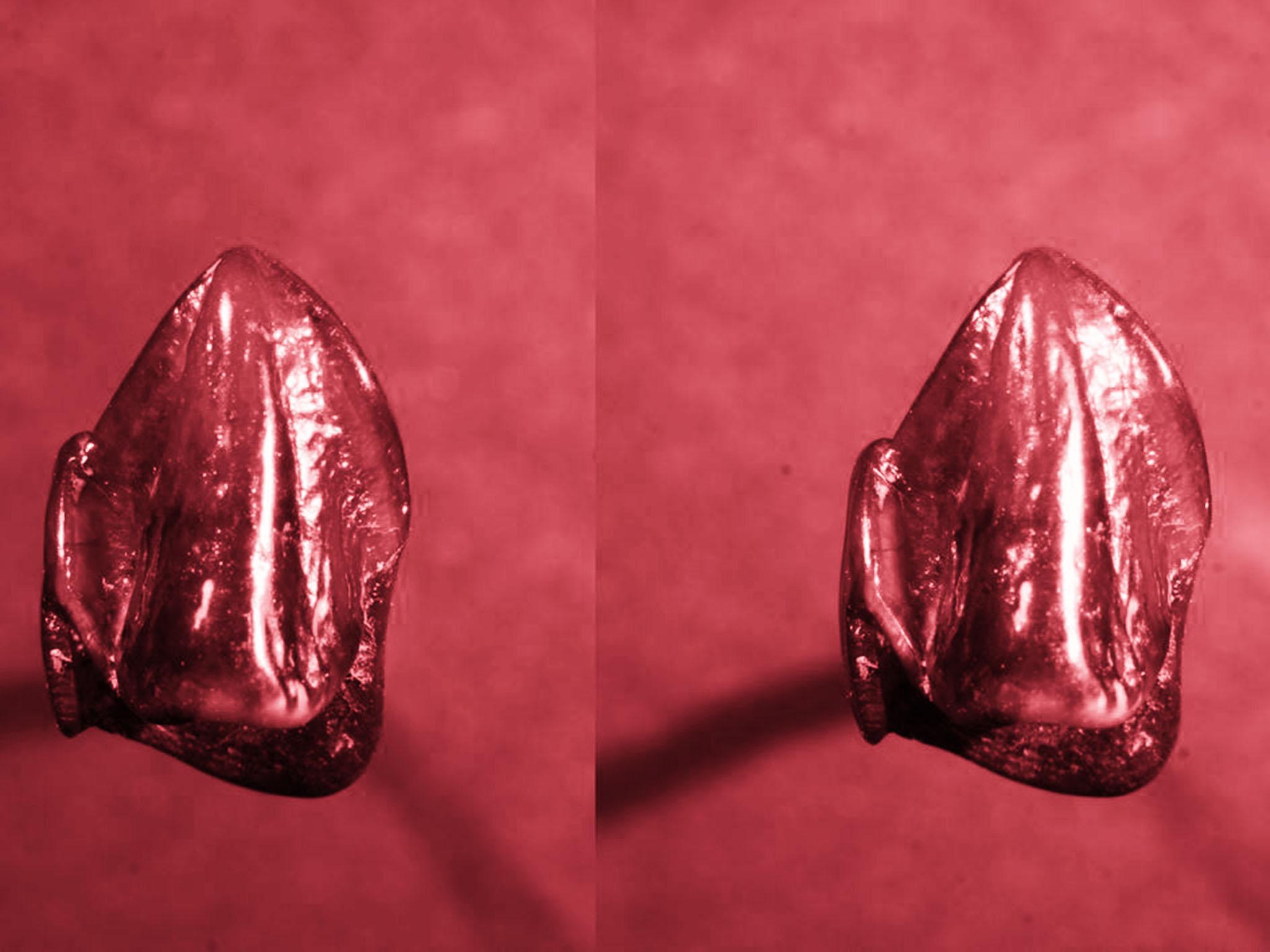Could the prehistoric teeth fossils dating back 9.7 million years really rewrite human history?

A pair of 9.7 million-year-old teeth uncovered in Germany will not rewrite human history, two of the world’s top palaeontologists have said.
The teeth were found in a former bed of the Rhine river. It was claimed they most resembled those belonging to “Lucy”, a 3.2 million-year-old skeleton of an extinct primate related to humans and found in Ethiopia.
At a press conference announcing the discovery, the mayor of Mainz suggested the find could force scientists to reassess the history of early humans.
"I don't want to over-dramatise it, but I would hypothesise that we shall have to start rewriting the history of mankind after today," he said.
Herbert Lutz, director at the Mainz Natural History Museum and head of the research team, told local media: "They are clearly ape teeth. Their characteristics resemble African finds that are four to five million years younger than the fossils excavated in Eppelsheim.
“This is a tremendous stroke of luck, but also a great mystery."
But David Begun of the University of Toronto, and one of the world’s leading palaeoanthropologists, told The Independent neither tooth had a resemblance to Lucy, or any other primate closely related to humans.
He said one likely belonged to the extinct primate called Anapithecus, which roamed Europe around 10 million years ago. Fossils of the animal have already been dug up in Austria and Hungary.
Having split from the evolutionary tree that eventually led to humans, the presence of an Anapithecus tooth in Germany does nothing to challenge the out-of-Africa theory of human origins.
It is still a rare find however, and appears to confirm the presence of a large pliopithecoid – a group of primates to which Anapithecus belongs – in western Germany.
But Dr Begun said the other tooth did not even belong to a primate.
“The ‘canine’ is actually a piece of a ruminant tooth. It is hard to tell because it is broken above the root and polished,” he said.
He suggested it may belong to a Dorcatherium, a small deer-like mammal that became extinct millions of years ago.
Maria Martinon-Torres, a palaeontologist at University College London who specialises in dental evidence, told The Independent that while it was not a hominin - species closely related to humans - the findings could still add to our knowledge of ancient primates.
“I think these teeth belong to a very old primate,” she said. “But they do not belong to a hominin.”
Ms Torres also disputed the teeth looked like those belonging to Lucy. “I don’t see the resemblance at all,” she said.
However, describing the findings as “exciting”, the professor said the teeth could help fill the “big gap” in our knowledge of the presence of primates in Europe millions of years ago.
“It’s a very nice finding, they are very well preserved, they are very important in the sense that there are few in the fossil record,” she said.
On whether this could rewrite primate history, Ms Torres, comparing the evolutionary tree to renovating a house, said: “I don’t like this idea of rewriting history.
“We are working with a building that has a quite solid structure, and we keep adding rooms, and changing the shape of the rooms. I don’t think this means we go 'Ok, suddenly pull down the building and we have to start again'.”
Join our commenting forum
Join thought-provoking conversations, follow other Independent readers and see their replies
Comments
Bookmark popover
Removed from bookmarks